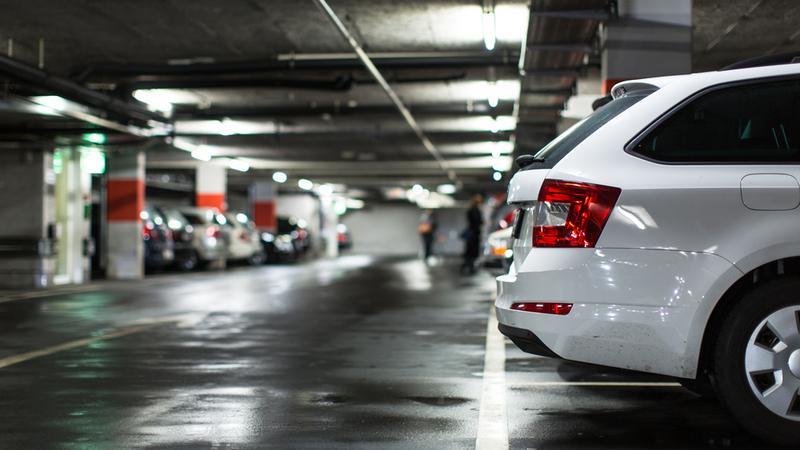If you’ve ever gone through the process of signing up for car insurance, you’ve probably come across the following question on your auto insurance registration form: Where do you park your car overnight?
While this question might not affect your insurance premium and may even seem trivial, where you park your car overnight – perhaps in your condo or private garage, or on the street – can mean a small amount of savings on your insurance rate.
Many things factor into your insurance rate — but where you park it overnight doesn’t
Insurance companies use several factors, like your address, the make and model of your car, and your driving record to determine your insurance rate. The higher the incident of car thefts or collision claims in your area, for instance, the higher your insurance premiums.
Similarly, the mileage and usage, and your driving record also factor into your insurance rate. Some insurance companies now have a $500 surcharge for commonly stolen vehicles, like SUVs or even models manufactured after 2019.
Where you live is a major factor in determining insurance rates, as theft and collision rates are higher in some areas than others. Anne Marie Thomas, director of Consumer and Industry Relations at the Insurance Bureau of Canada (IBC) explains that asking consumers where they park overnight is not a common practice amongst insurance providers.
Some might inquire about your garage location for the purpose of determining your territorial rating, which is how underwriters categorize the area into territories and determine the actual or expected loss to the insurance company. Insurance companies use a very granular and individualized approach to determining rates, so two individuals with the same, first three digits in their postal code might see vastly different rates.
However, contrary to popular belief, where you park overnight is not a factor that insurance companies use. Consider, for example, the common practice of paying for parking permits on the street in larger cities like Toronto and Brampton. From an insurance perspective, this fact solely does not translate into higher premiums. While there’s a higher likelihood of theft on a deserted street, car thefts can happen in monitored parking lots too.
While where you park your car overnight does not directly factor into your premium, it could actually make a difference in how much you pay.
What is the private parking insurance discount?
Not to be confused with parking car insurance (which insures your vehicle when not in use for long periods of time), some companies offer a private parking insurance discount starting at 5% and up to 10% for parking in a private garage, driveway or carport.
Thomas explains that some insurance companies may have applied to the Financial Services Regulatory Authority of Ontario (FSRA) to allow for a discount if a car is parked, but not all insurance companies offer that discount.
Failing to disclose where you park might only mean leaving money on the table. But if you hide or lie about where you live, most carriers can decline or cancel your auto insurance policy.
How can you get the private parking insurance discount?
The private parking insurance discount is available only in Ontario.
The easiest way to find out if you may be eligible for the discount is to check with your insurance company. If you’re considering switching insurance providers, it might be a good idea to compare auto insurance rates from multiple providers to see if you can get a private parking insurance discount and lower premiums.

